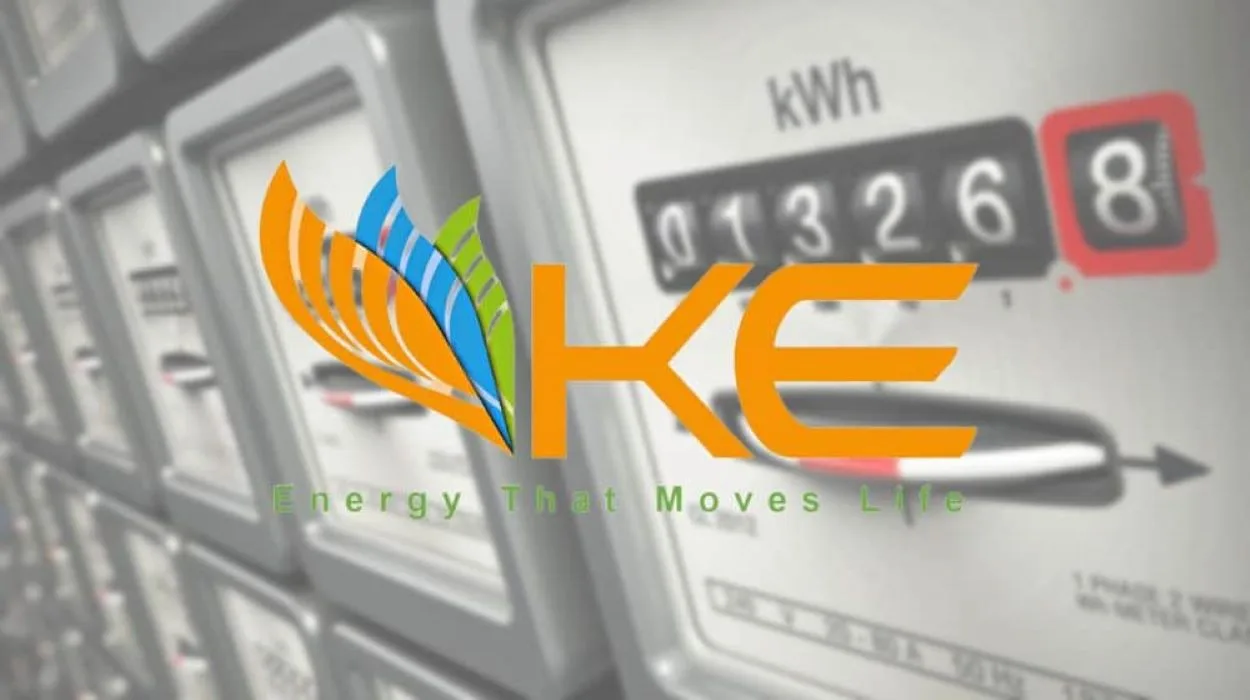On August 16, 2025, K-Electric announced that key business areas in Karachi, such as Jama Cloth Market and Burns Road, would be exempt from load-shedding, a step towards the company’s goal to make 90% of Karachi load-shedding-free by 2030. The exemptions are a result of improved bill payments and a reduction in electricity theft, ensuring a continuous power supply for these commercial hubs.
K-Electric’s spokesperson attributed the continuous power supply to collaborative efforts with consumers, noting, “Timely bill payments and reduced electricity theft have made this possible.” The company has already achieved a 70% reduction in load-shedding across its network and has removed over 330,000 kilograms of illegal connections (kundas) in the current fiscal year. Furthermore, investments in smart grid technologies and infrastructure are aimed at eliminating outages by the year 2030.
K-Electric has recently launched a redesigned, user-friendly format for electricity bills. This new format streamlines calculations for better clarity while maintaining the existing tariff rates. A spokesperson mentioned that areas with consistent bill payments and low theft rates will continue to enjoy exemptions, whereas regions that do not comply may experience increased outages. Customers can find detailed bill information on K-Electric’s official website.
Read: K-Electric Unveils New Bill Layout for Enhanced Transparency
The exemptions for Jama Cloth Market and Burns Road are important for enhancing business operations and boosting consumer confidence, which aligns with Pakistan’s economic recovery efforts. K-Electric’s strategy, supported by quarterly reviews and monitoring, could serve as a model for urban power management, further promoting Karachi’s growth as a commercial hub.
K-Electric’s load-shedding exemptions improve Karachi’s business environment, fostering economic stability and modernising infrastructure. Continued advancements could transform urban power reliability.






